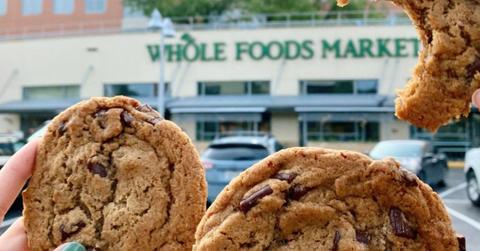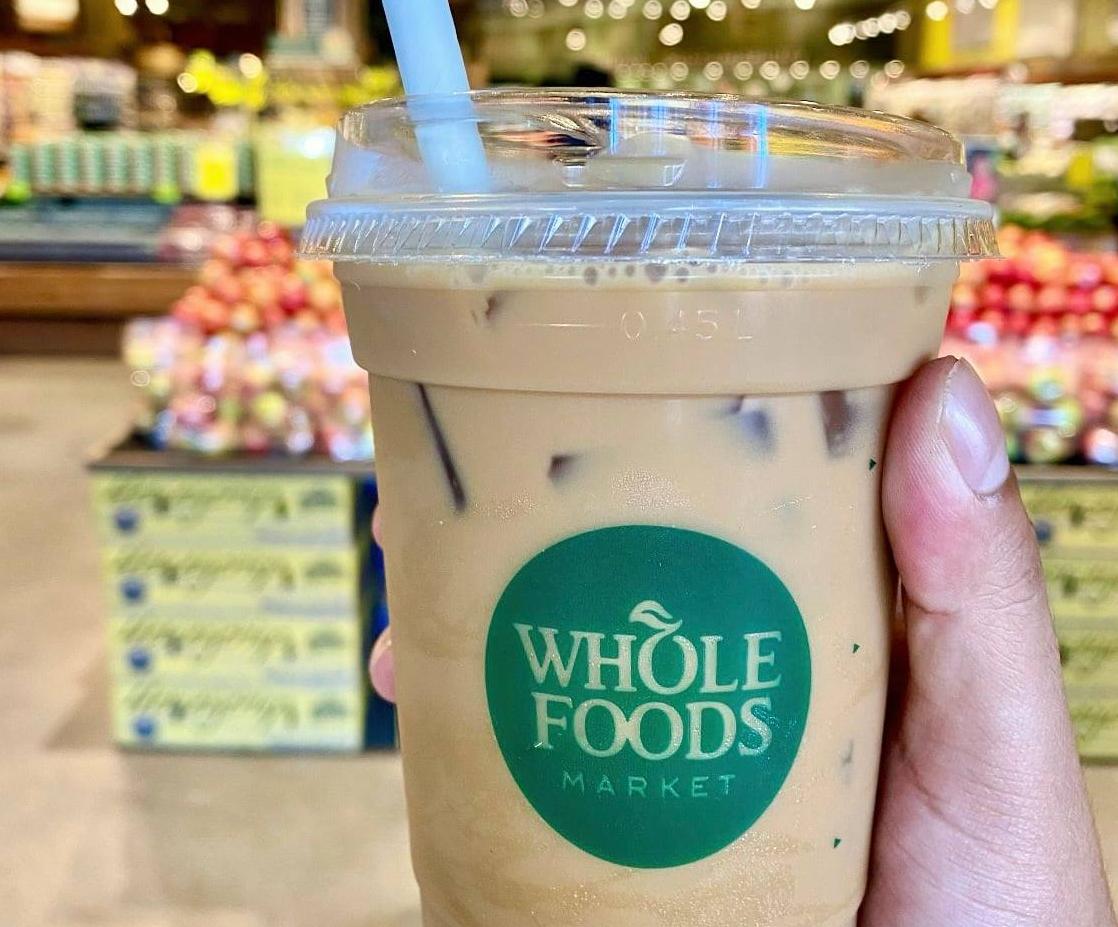Who Owned Whole Foods Before Amazon?
Whole Foods was founded in 1978, before e-commerce giant Amazon was even a twinkle in Jeff Bezos's eye. Who owned the company before Amazon?
March 17 2022, Published 8:30 a.m. ET
In 2017, Amazon acquired Whole Foods for $13.7 billion. Who owned Whole Foods before Amazon, and did they profit from the Amazon acquisition?
Whole Foods was founded by John Mackey and his then-girlfriend Renee Lawson Hardy in 1978. The company, which started with an initial capital of $45,000, opened its first store, Safer Way Natural Foods, in Austin, Tex.
How was Whole Foods created?
In 1980, Mackey and Hardy merged Safer Way with Clarksville Natural Grocery, a local business owned by Craig Weller and Mark Skiles. The company started to sell meat and beer after the merger. To expand the business, Mackey later sold a 34 percent stake in Whole Foods.
Whole Foods went public in 1992
In 1992, Whole Foods raised $28 million in an IPO that valued the company at $100 million. It continued to expand thereafter and, in 2016, the first full year before Amazon acquired it, Whole Foods reported $16 billion in sales and had 460 stores in the U.S. Its stock peaked at $60 in 2013 but then lost half of its market cap over the next three years amid rising competition.
Who owned Whole Foods before Amazon?
Whole Foods, a publicly traded company before Amazon acquired it, was owned by insiders, retail investors, and institutional investors. Among institutional investors, Vanguard held 30.9 million shares, Parnassus Investments held 7.8 million, and Jana Partners held 26 million. Jana is a renowned activist investor and took a stake in Whole Foods months before the acquisition. The fund was looking for management changes or a sell-off and made a massive gain on its investment.
Meanwhile, among insiders, Mackey held 980,000 shares, former Whole Foods board member of Jonathan Sokoloff held 914,000, and former CFO Glenda Flanagan held 236,400.
John Mackey has built an astounding net worth
Mackey is worth an estimated $85 million, according to Celebrity Net Worth. He built his wealth through his stake in Whole Foods and books he authored, including Be the Solution: How Entrepreneurs and Conscious Capitalists Can Solve All the Worlds Problems and Conscious Leadership: Elevating Humanity Through Business.
How has Whole Foods changed under Amazon?
On a business level, Amazon brought in the efficiencies it's famous for. However, that didn't necessarily make things better for Whole Foods employees. Eater reported that Whole Foods changed its employee health and medical benefit policies, resulting in employees needing to work 30 hours per week to qualify (compared with 20 hours before).
For Amazon, physical retail, which mainly consists of Whole Foods, accounted for only 3 percent of its Q4 2021 sales of over $137 billion. The company has announced it will be closing its physical book stores and some other shops to focus on its core e-commerce operations and Whole Foods.



